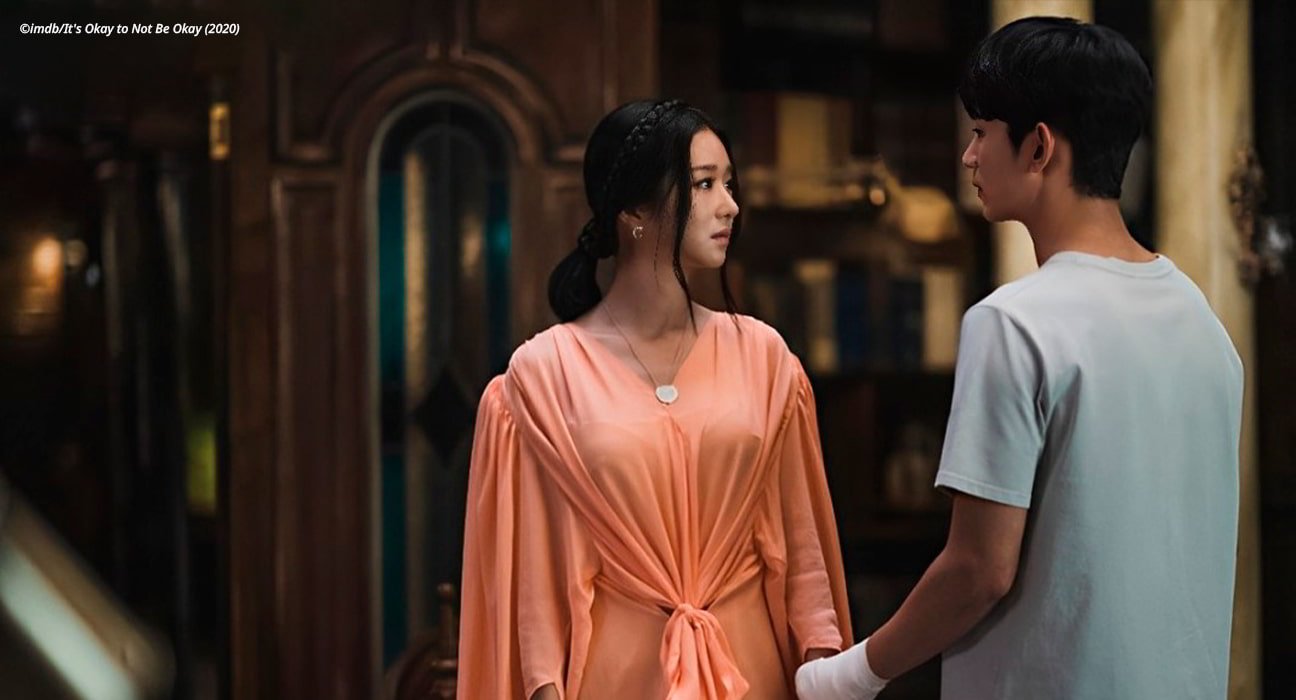Korean dramas, also referred to as K-dramas, are South Korean-produced television programs that are produced in the Korean language. The “Korean Wave” and the fact that they are widely accessible via streaming platforms, which frequently provide subtitles in various languages, have contributed to their global popularity, particularly in Asia.
Numerous K-dramas have been released in other countries through translation, and some of them have had a significant impact there. Some of the most popular dramas have been aired on traditional television channels in other nations. For instance, Dae Jang Geum (2003–2004) was offered in 150 nations.
Related: Korean Dramas Portraying Mental Health
The attire, style, and culture of Korean dramas have attracted interest from around the world. Fashion lines have greatly benefited from their increasing popularity. Globally, the “Korean Wave,” also known as Hallyu, has had a significant impact. Korean TV dramas arrived alongside the wave. “South Korea produced more TV dramas than ever in the late 2000s.”
The best dramas expertly blend elements of sex appeal, emotional attractiveness, and familial attachment. Since K-Drama was all but destroyed in the 1990s by Hollywood movies, Japanese pop culture, and South Korea’s ongoing financial difficulties, demand for it has only grown. (Ingyu, 2017) International interest in K-dramas is still growing.
Read More: The Obsession of K-pop Culture in India and its Psychological Impacts
Tactic behind this
In South Korea, there is a tacit understanding of how to create television shows that appeal to viewers distinctively. The type of knowledge that is challenging to convey to another person verbally or in writing is the working definition of tacit knowledge.
(Ingyu, 2017) Women make up a significant portion of the audience and representation of K-Dramas. Tactic expertise is used most successfully in this context regarding the female fandom. The Korean actors display a wide spectrum of emotions, many of which they spontaneously ad-lib, even breaking down in tears unaided.
Targeting women globally
Since K-Dramas feature topics that are exclusive to women, the portrayal of women in acting appeals to all women. Women who want to break the stereotype of Traditional Values and want to make a mark in Male-Dominated fields, find these TV Series very appealing. One Reason for this can be that these shows feature women in male-dominated professions
Read more: How Media Influences Women’s Empowerment
K-Dramas will succeed when women can finally reject traditional norms and find their independence. With a more open style of representation, men in K-Dramas have started to question the established gender stereotypes that are expected of them. Men use more feminine and androgynous aesthetics to appeal to female followers rather than focusing on being “macho” or “manly.” A lot of attention is paid to beautification methods, which might range from cosmetic surgery to makeup.
Plots
There are many distinct genres of K-dramas, including action dramas, historical dramas, school dramas, medical dramas, legal dramas, and even horror comedies. Even though emotional themes and romantic components are common in these dramas, some of them may also feature tragedies or slice-of-life themes.
In K Dramas, there are different tone and style options. Korean television dramas mostly focus on friendship, family values, and love while fusing old Confucian ideas with Western individualism and materialism. However, it is becoming more common for Korean dramas to depict social problems in Korean society, such as discrimination against those with mental illnesses, gender inequality, suicide, bullying, classism, corruption, homophobia, or racism.
Romance
Series set in the present tend to give importance to romantic connections and family bonds and frequently revolve around love stories. The majority of the characters are romanticized. The Korean male heroes are depicted as being wealthy, clever, and searching for their “one true love.” This has also influenced the popularity of Korean dramas among women.
Korean dramas are so well-liked that Netflix has devoted a full website to the K-drama subgenre, and more international streamers are getting involved. You now have a lot more television to watch and binge on, to put it briefly. Every conceivable genre is represented in K-dramas, which is what makes them so fantastic. There is a K-drama for everyone, no matter what they like.
Korean dramas have it all, which is excellent, but makes it challenging to decide where to start. They range from historical romance to zombie apocalypses to murder mysteries and ghost investigators. The 80 finest K-dramas you can watch right now, from Love Alarm to Descendants of the Sun, were chosen after we searched through all the K-dramas that are now streaming to assist you.
Unmatched Music taste
In Korean dramas, music is significant. In contrast to American television programs, drama fans must purchase the soundtrack album. Original soundtracks, or OSTs, are specifically created for each series. When producers decided to replace entirely instrumental soundtracks with songs sung by well-known K-pop artists, this trend began in the 1990s. Director of YA Entertainment, which distributes Korean TV shows, Tom Larsen, believes that Korean soundtracks are musically accomplished enough to be regarded as stand-alone hits.
References +
- Oh, I. (2017). From localization to glocalization: Contriving Korean pop culture to meet glocal demands. Kritika Kultura/Kritika Kultura (Online), 29. https://doi.org/10.13185/kk2017.02907
- Martinroll. (2021, October 21). Korean Wave (Hallyu) – Rise of Korea’s cultural economy & pop culture. Martin Roll. https://martinroll.com/resources/articles/asia/korean-wave-hallyu-the-rise-of-koreas-cultural-economy-pop-culture/
- Korean Culture and Information Service (KOCIS). (n.d.). Hallyu (Korean Wave) : Korea.net : The official website of the Republic of Korea. Copyright(C) 1999-2016 KOCIS. All Rights Reserved. https://www.korea.net/AboutKorea/Culture-and-the-Arts/Hallyu
